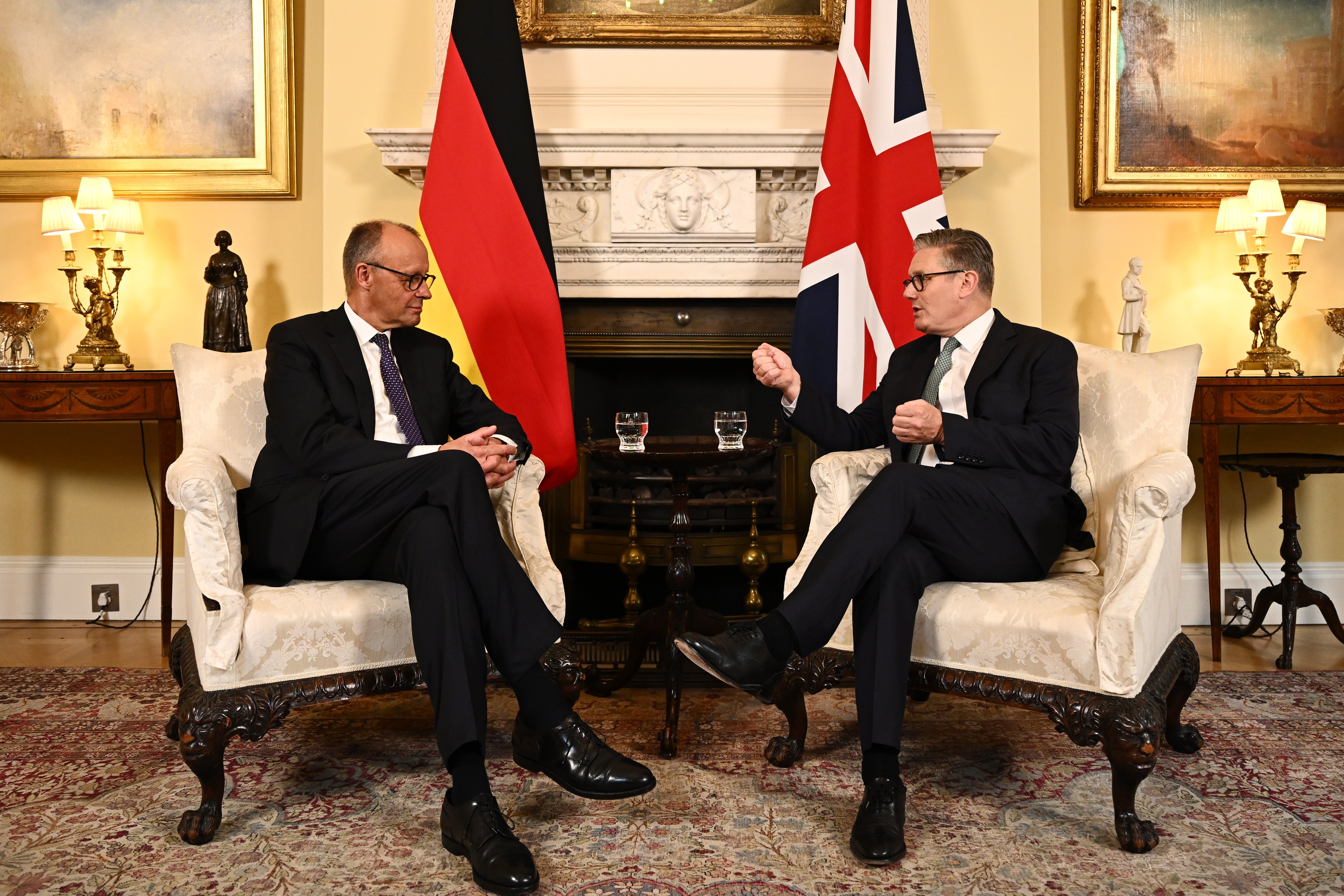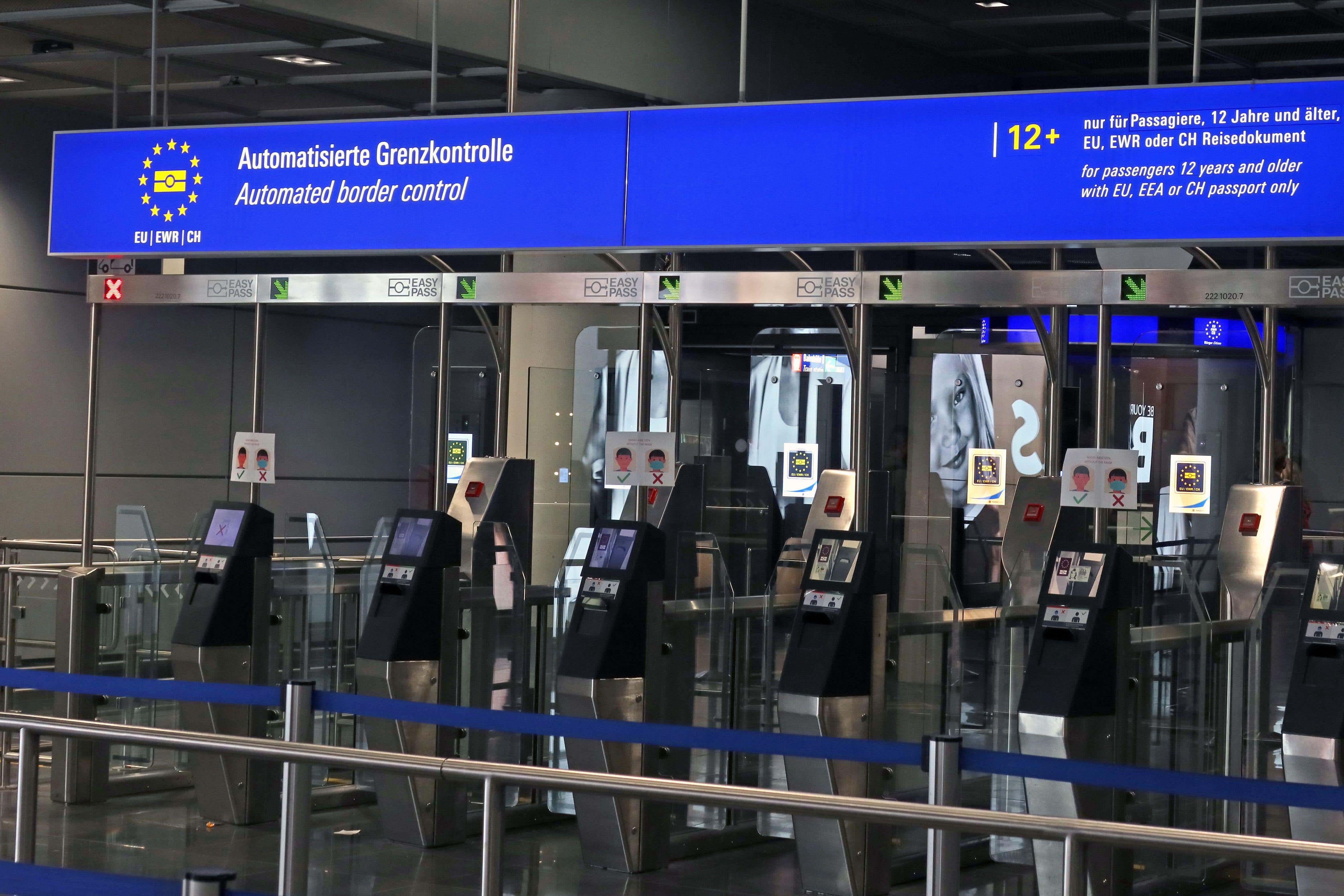German Chancellor Friedrich Merz has said he personally “deplores” Brexit as he signed a major new co-operation deal between his country and Britain.
At a press conference alongside Sir Keir Starmer, Mr Merz argued that countries should respond to the major challenges of our time “together”.
Mr Merz, a committed supporter of the European Union, once described himself as “truly European”.
And a recent poll showed that most people in Germany, as well as in three other large EU countries, would welcome the UK back into the bloc.

Speaking through a translator, Mr Merz told the press conference: “The United Kingdom, and I personally deplore this deeply, decided to leave the European Union.”
The treaty, the biggest between the two countries since the end of the Second World War, sees the UK and Germany agree to collaborate on migration, trade and security.
Sir Keir and the German leader also agreed to “work ever more closely” on a range of issues.
Under the deal, Germany will close a loophole to allow police to seize small boats being used by migrants to cross the Channel.
As part of moves designed to cut post-Brexit red tape, German school trips to the UK will also become visa-free by the end of the year, while British visitors to Germany will be able to use its passport e-gates by the end of August.
The fast-track will initially be for frequent travellers but will eventually be extended to all British visitors, as part of Sir Keir’s wider Brexit ‘reset’ with the EU.
Sir Keir described the document, known as the Kensington Treaty, as “very special”.

The Labour leader said it was “evidence of the closeness of our relationship as it stands today” as well as a “statement of intent, a statement of our ambition to work ever more closely together”.
A recent poll showed that most people in the four largest countries in the EU, which includes Germany, would welcome the UK back into the bloc – but not on the same terms it had before.
At the same time most Britons are in favour of rejoining, the YouGov survey of six western European nations found, but only if they can keep the opt-outs the UK previously had, such as remaining outside the Schengen zone and keeping their own currency.
A decade after MPs voted to hold the referendum that led to Britain leaving the EU, the poll found that at least half of people asked in France, Germany, Italy and Spain, supported the UK being allowed to rejoin, a range that spanned from 51 per cent support in Italy to 63 per cent in Germany.
Those figures fell to less than half, however, if Britain wanted to rejoin on the same terms as beforem, with its opt outs intact.
The official Office for Budget Responsibility estimates that the size of the UK economy will be four per cent smaller over the long term than it would have been without Brexit.
The Independent also revealed earlier this year that Brexit has created a “mind-blowing” nearly two billion extra pieces of paperwork for businesses – enough to wrap around the world 15 times
More follows …
